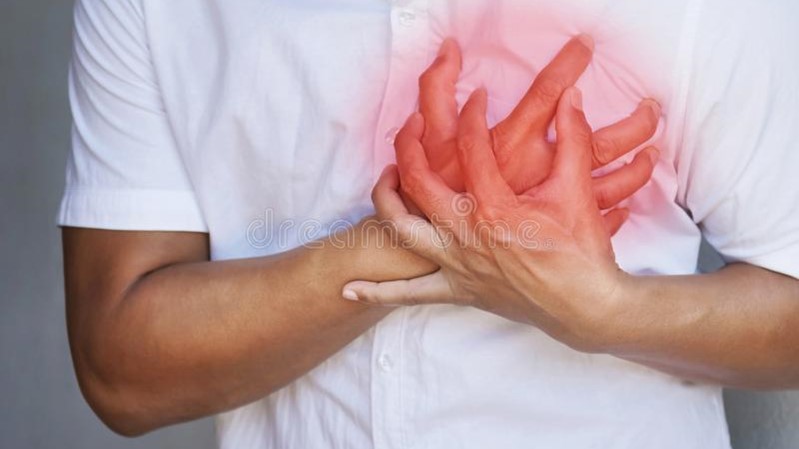Cardiff University student suffered and died from sudden arrhythmic syndrome, what do we need to know to stay away from sudden young death and maintain a healthy life?

Anthony Evans, a former Cardiff University student, was urgently sent to paramedics by his housemate, James, once he was found experiencing a sudden heart attack, on 21st, February, sadly after 2 days of intensive rescue, and suffering, he painfully deceased due to heart failure.
Once he was sent to hospital, paramedics were immediately trying to recover him from a coma and a long-lasted inability of heart condition, but it was a lost cause. His roommate said that Anthony was used to living a healthy life and would always go running when leisure time.
This is certainly not the only case that happened for such a young man in this town, but also in UK-wise. Statistics from charity, Cardiac Risk Young show that 12 young people in the UK, who are in fit and healthy condition die from cardiac symptom weekly in their age of 35 or even younger, most of the death occurs during sleep, or at rest.

Dr. Joanna Hudson, manager of the CRY press office says ‘It actually happens to anyone under the age of 35, but if it’s over 35, you can see the pattern about more sub currently heart disease, or heart disease perhaps link to lifestyle. Such as diet, smoking, etc. But under 35, is a class as young, and 14 to 35 is the age bracket for the screening program. If it’s younger than 14, you do get false positives from testing, because a young heart having arrhythmic is quite normal.’
‘There is nothing natural about a fit and healthy person dying at a young age. It’s something that needs to be investigated.’ Says Dr. Joanna. ‘Fairly recently, many of these deaths were misrecorded, they were put down as drowning, unexpected car accidents, epilepsy, or even worse, they were put down as natural causes.’
Children as young as 14 years of age can participate in the screening, like the age group between 14-35 is in the front line of danger from this threat and at a higher risk, and 80% of them has no signs of symptoms, but deadly faint.

‘Most of the young people who were diagnosed with cardiology arrhythmia young are completely, and deeply shock and anxious because they are suddenly told there is something not quite right with your heart, but in all of those cases, it will be cured if you can be identified and referred to a cardiologist. In the medication with procedure and monitoring.’
Even though this seems to be happened all abruptly, still, those at risk could take precautions, such as screening, go to your GP and explain to them, they will refer patient to a cardiologist to run further tests, and checking family histories can also be extremely vital.
‘A lot of people start to fear, that these deaths only affect young people involved in and highly attached to the sport, they tend to be the high profile, effectively, it’s hard to say the sports doesn’t cause these conditions, we don’t want people to be fearful of the sports, we really encourage young people to be sporty.’
Advises given from CRY, is to do exercises where you can, and get a yearly screening when you notice some symptoms that aren’t usual to you, or when accidents happened, people then look back and see one of the family members passed away due to austerity when drowning, or car accident.
The fact is one in 300 people can be detected potentially life-threatening condition yearly, and some people may find it’s scary doing exercise, but Dr. Jo says it only becomes an issue leading to a heart condition when the heart muscle is too thick, and patients don’t know about it and still do intensive exercises.
The screening offered by CRY charity would screen around 30,000 young people each year for free, which’s ideally for people who have no symptoms.
